
What we do for communities
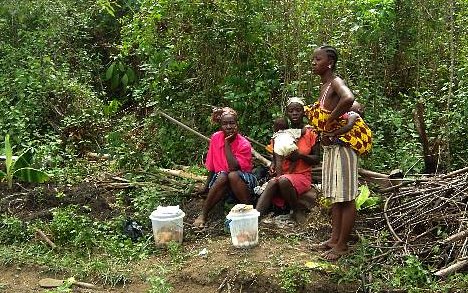
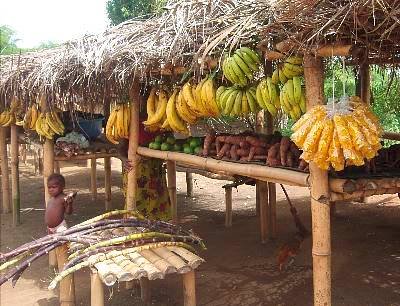
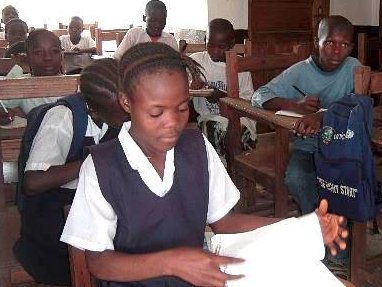
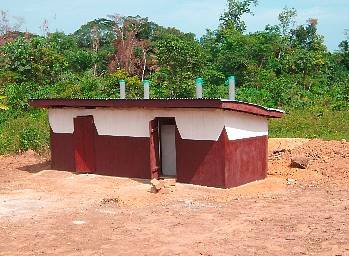
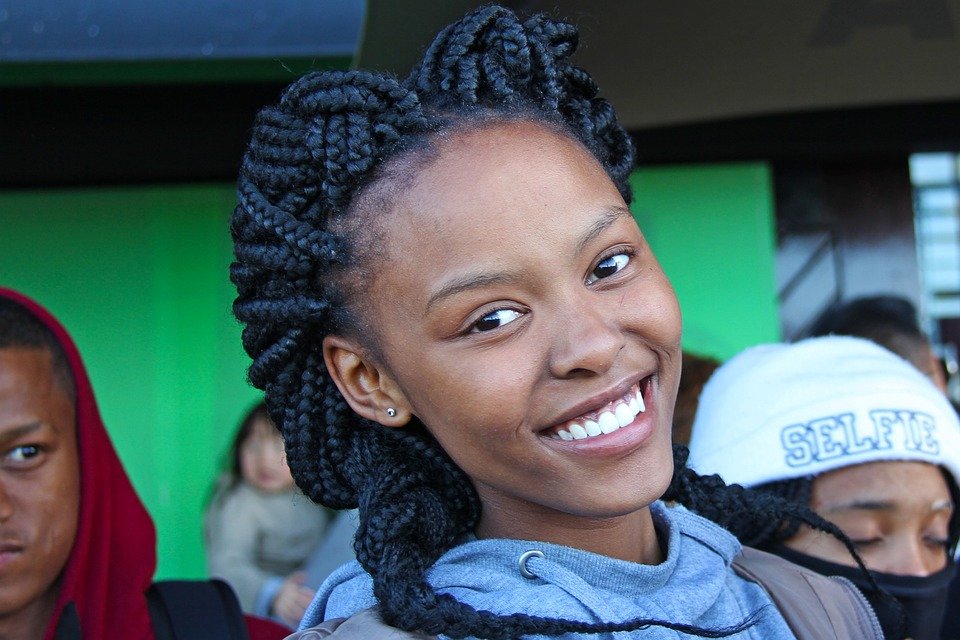

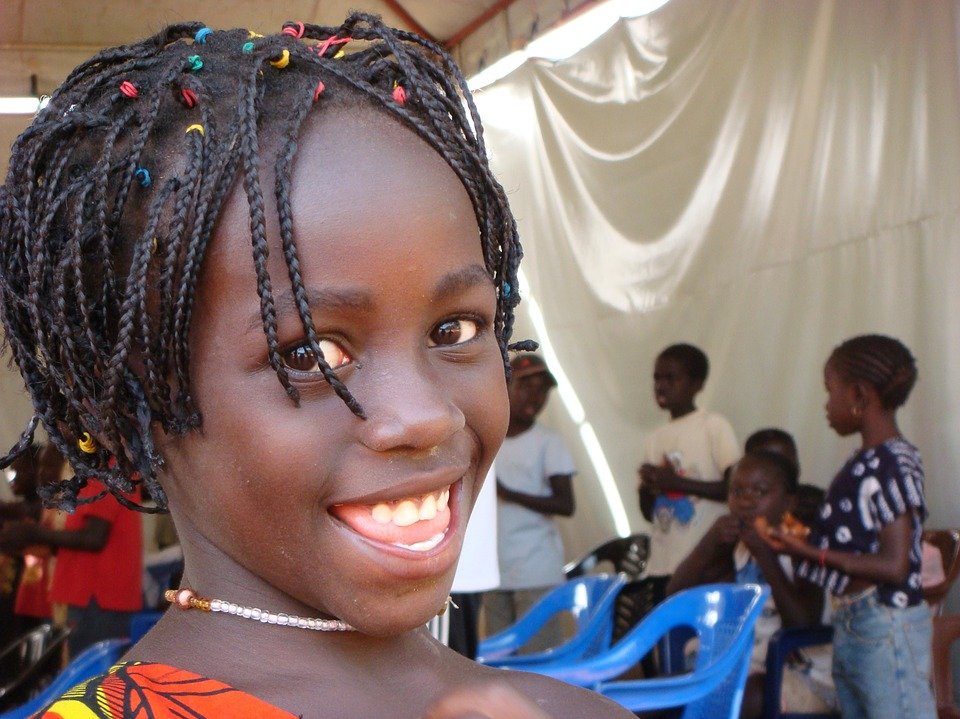
General
CARD tackles underlying causes of poverty so that people can become self-sufficient. Recognizing that women and children suffer disproportionately from poverty, CARD places special emphasis on working with women to create permanent social change. Women are at the heart of CARD's community-based efforts to improve basic education, prevent the spread of HIV, increase access to clean water and sanitation, expand economic opportunity and protect natural resources. CARD also delivers emergency aid to survivors of war and natural disasters, and helps people rebuild their lives.
Agriculture and Natural Resources
CARD helps families produce more food and increase their income while managing their natural resources. CARD works with farmers to increase their crop yields through activities such as planting new seed varieties, and home gardening. Food security can be created by growing vegetables, root, tuber or paddy rice. Aqua culture and animal husbandry will also add to this. Basic farming education should be available to enable the people to succeed.
A school gardening program will enable students to develop the basic interest in the agriculture sector at the primary and secondary levels. Produce from the school gardens will be used to supplement the food ration distributed by the World Food Program (WFP) under the school feeding program of the United Nations.
Education
CARD is dedicated to securing basic education for all. Learning attacks poverty at its roots. Educated people can make thoughtful and informed decisions that will positively affect their lives, their families, their communities and their world. Mothers are more likely to have healthier children and higher incomes. Today we work alongside communities, governments and partner organizations at many levels to address all aspects of basic education. Our approach is to improve the quality of education; linking education programs to interventions in health, nutrition and livelihoods to better address reasons why children are out of school; involving communities in assessing and overcoming their unique barriers to learning; and conducting broad campaigns that promote the right to education for all people.
Water and sanitation
CARD helps communities build and maintain clean water systems and latrines. The goal of these projects is to reduce the health risks of water-related diseases and to increase the earning potential of households by saving time otherwise spent gathering water. Projects also include educating people about good hygiene habits to reduce the risk of illness. Installing water pumps will provide for clean drinking water.
Non-Traditional Skills Training Programme for Women
CARD is dedicated to help women help themselves and their families. The Non-Traditional Skills Training Program for Women is designed to provide specialized technical and vocational education and training to low-income and unskilled women in areas dominated by men, such as:
Construction, Carpentry, Masonry, Plumbing, Electrical Installation, Painting, Tiling, Woodwork / Furniture, Automotive, Computer Repair and Industrial Maintenance.
Sustainable Energy
CARD is convinced that Sustainable Energy, i.e. modern renewable energy technogy, could help whole communities develop in a sustainable way, in particular if combined with training and business development. CARD and its partner NIDECO provides sustainable development based on the following technologies:
- Solar lamps and systems - providing light and power
- Biogas plants - wet waste treatment, clean cooking gas and fertilzer production
- Gasification - clean cooking and charcoal
- Fuel production - solid and liquid
Cross-cutting initiatives
CARD's cross-cutting initiatives span across the breadth of our program sectors to tackle the underlying causes of poverty, with special emphasis on working with women and girls to create lasting social change. For example, CARD Youth for Social Change Initiative, uses the convening power of dialogue and sport activities as a medium to minimize the effects of poverty on youth while working to advance gender equality, develop life skills, promote health education, provide psychosocial support and create income-generating activities.